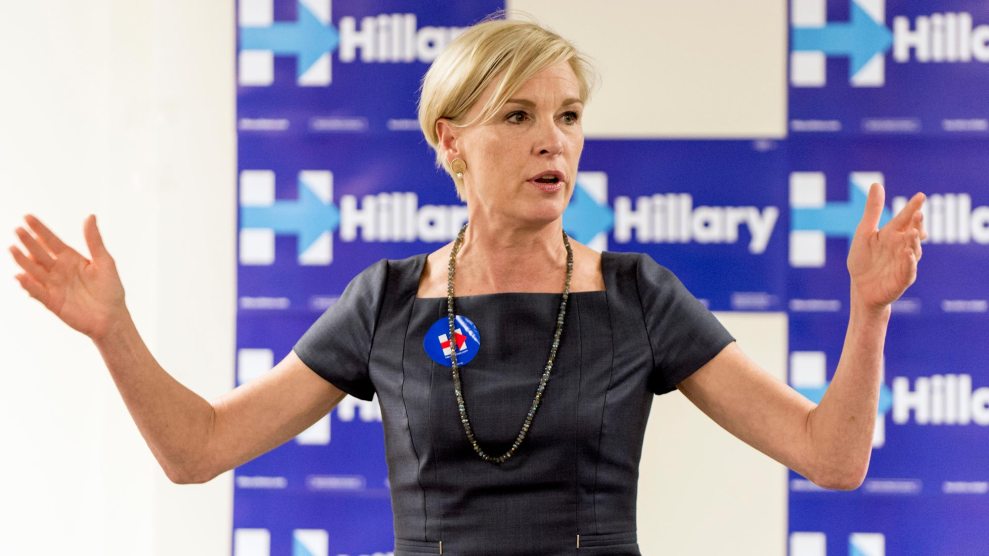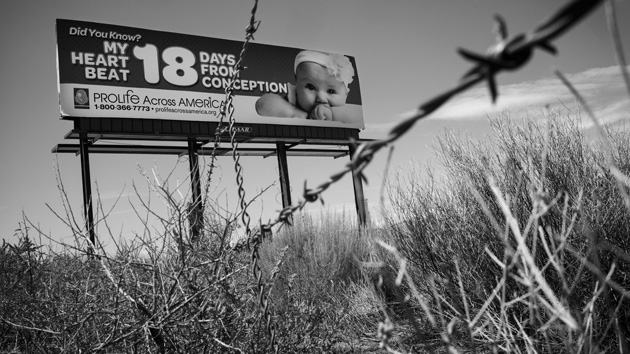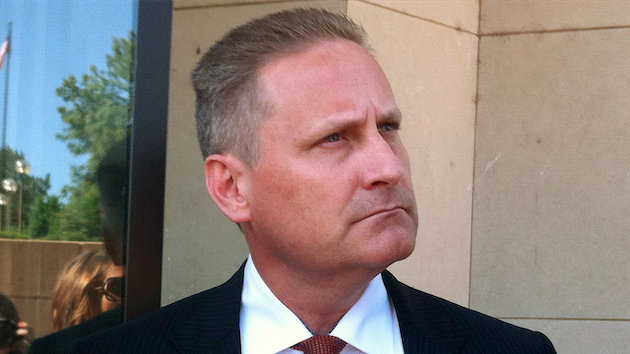
Brian Cahn/Zumapress
Last night at the Democratic National Convention, Planned Parenthood Federation of America President Cecile Richards sat next to former President Bill Clinton as one speaker after another called for equal pay, family leave, and affordable child care, and acknowledged the historic nature of Hillary Clinton being nominated as the first female candidate for president of the United States. Tonight, Richards, the head of the $1.3 billion women’s health organization with more than 700 affiliated health centers around the country, will likely touch on the numerous efforts at the state and federal levels to kneecap Planned Parenthood—and reproductive health care more broadly.
“The last few years have been brutal for those of us who believe that women should be able to make their own health care decisions,” wrote Richards in an op-ed published in Time today in which she praised Sen. Tim Kaine, Clinton’s running mate, as an “incredible ally” for women’s health. “As elected officials learn that women across the nation can’t get the sexual and reproductive health care they need because of legislative barriers, we have seen them evolve. Senator Kaine is one of those leaders.”
This is not Richards’ first time speaking at a Democratic convention. She also appeared in 2012, when she spoke about Republican efforts to roll back women’s health programs, focusing specifically on their efforts to slash funding for birth control. In the last four years things have gotten worse: Anti-abortion politics and attacks on providers have increased, thanks to a Republican-controlled Congress, activists in statehouses, and a slew of sting videos released last summer that targeted Planned Parenthood.
Here’s a primer on some of the biggest challenges faced by Planned Parenthood and other women’s health organizations in the run-up to this election:
Doctored videos: Last July, anti-abortion activist David Daleiden and his nonprofit the Center for Medical Progress (CMP) released a series of secretly recorded and deceptively edited videos purporting to show that Planned Parenthood is making a profit off its fetal tissue donation program—a practice that is illegal. The videos have since been discredited, with reports showing that they were deceptively edited, but nonetheless the tapes set off a nationwide offensive against Planned Parenthood, including efforts in Congress and in multiple states to defund the organization by prohibiting the use of government-funded Medicaid by low-income patients. The videos also led to 12 state-level and 4 congressional investigations of Planned Parenthood, time-consuming and costly efforts that have all since found no evidence of fetal tissue profits by the organization.
Clinic violence: Last November, 57-year-old Robert Lewis Dear allegedly entered a Planned Parenthood facility in Colorado Springs and began shooting with an assault-style rifle. He killed three people and wounded nine. After being taken into custody by law enforcement, Dear said, “No more baby parts,” and when he was in court he shouted, “I am a warrior for the babies.” Dear also had a history of expressing anti-abortion sentiment, including an episode where he put glue in the locks of a Charleston, South Carolina, Planned Parenthood clinic.
Regulating access to abortion in states:
- In April, the Oklahoma Legislature passed a bill that would make providing most abortions a felony punishable by a minimum of one year in prison. The measure, which likely would have led to a costly court battle over its constitutionality, was seen by many as an effort to challenge Roe v. Wade and subsequently abortion access around the country. But Gov. Mary Fallin—a staunch anti-abortion advocate who was rumored to be on Trump’s early vice presidential short list—vetoed the legislation, saying she didn’t believe it was the right way to defeat legalized abortion in America. “While I consistently have and continue to support a re-examination of the United States Supreme Court’s decision in Roe v. Wade, this legislation cannot accomplish that re-examination.”
- In May, Alabama passed a law to regulate abortion clinics like sex offenders by prohibiting clinics from operating within 2,000 feet of an elementary or middle school.
- In March, Indiana Gov. Mike Pence—the current GOP vice presidential nominee—signed a bill into law that policed women’s reasons for choosing abortion and the ways in which clinics could dispose of fetal remains. This made Indiana only the second state to prohibit women from choosing an abortion because of fetal anomaly, and the third state to pass a law requiring that fetal remains have what amounts to a funeral: They must be interred or cremated by the clinic.
Attempts to restrict access to contraception:
- A group of religious pharmacists sued the state of Washington for the right to refuse to stock contraception. In June, the Supreme Court refused to take their case for review, leaving intact a Washington law requiring pharmacists to stock and sell emergency contraception.
- In 2015, a group of religious organizations, including the Little Sisters of the Poor, took their case to the Supreme Court, challenging the contraception mandate of the Affordable Care Act. The groups argued that the law’s requirement that they alert the government of their religious objections to providing contraceptive coverage to employees violated their religious beliefs. In May, the high court punted on the case, sending it back down to the lower courts for further negotiation and not weighing in on the contraception coverage opt-out process.
Criminalizing pregnancy and self-induced abortions:
-
In December, Anna Yocca of Tennessee was arrested on first-degree murder charges after attempting to induce a miscarriage with a coat hanger. In February, her charge was reduced to aggravated assault. As of March, Yocca remained in jail awaiting review by a grand jury.
-
In some states including Alabama, chemical-endangerment laws intended to target DIY meth labs have been used to criminalize drug use by pregnant women.













